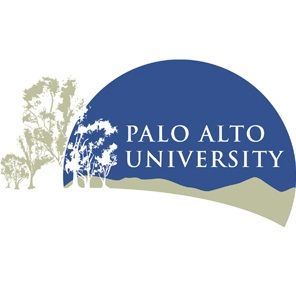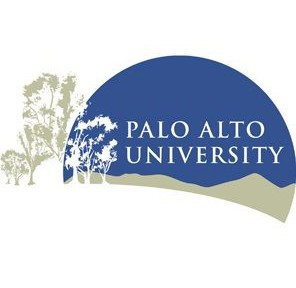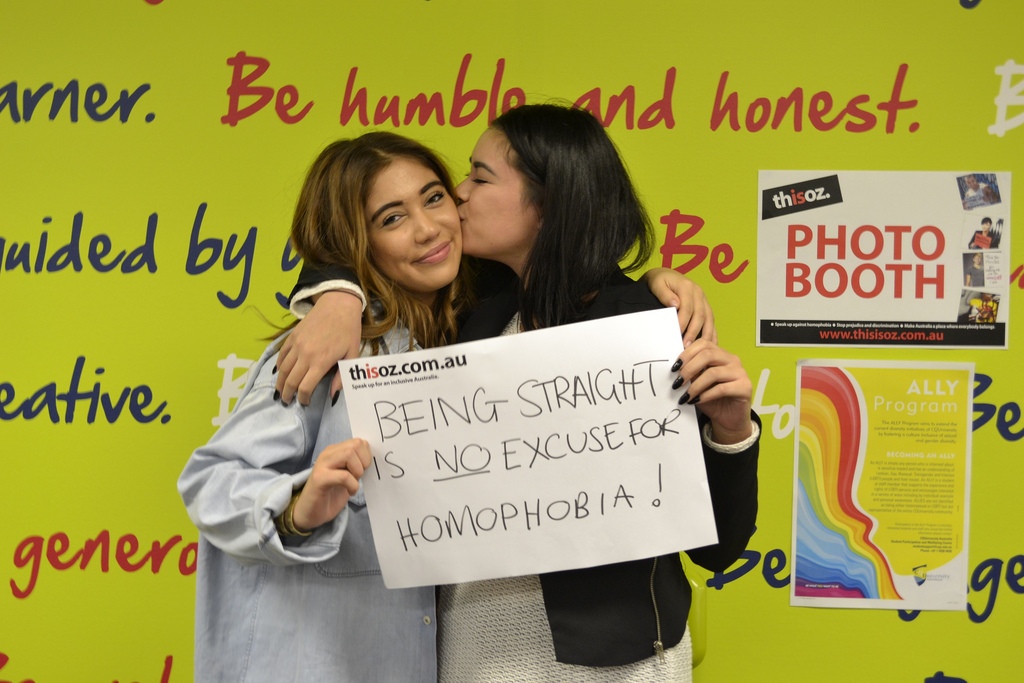 This past weekend, as I stumbled upon “Finding Nemo” on cable (ok, I’ll confess, I wanted to watch it again), I reflected on how Marlin’s journey could be similar to the dissertation process. In the movie, Marlin is a clownfish who sees his son Nemo captured from the Great Barrier Reef by a diver. He embarks on a long journey to Sydney to rescue his son. Here are my lessons learned from Finding Nemo that I believe can apply to the dissertation process (seriously).
This past weekend, as I stumbled upon “Finding Nemo” on cable (ok, I’ll confess, I wanted to watch it again), I reflected on how Marlin’s journey could be similar to the dissertation process. In the movie, Marlin is a clownfish who sees his son Nemo captured from the Great Barrier Reef by a diver. He embarks on a long journey to Sydney to rescue his son. Here are my lessons learned from Finding Nemo that I believe can apply to the dissertation process (seriously).
1) Be prepared for a long journey. Marlin swims hundreds of miles in search of his son. Be ready for all the work that can go into completing the dissertation, which also takes lots of time. It’s helpful to know that you’re on a long journey, and give yourself plenty of time to do all the assigned tasks.
2) Friends can help you along the way. Marlin gets help from numerous friends: Dory reads the address on the diver’s mask; Crush the sea turtle gives Marlin directions to Sydney via the East Australian Current; Nigel the brown pelican rescues Marlin and Dory and takes him to Nemo. Your friends and peers in graduate school can help you as you finish the dissertation. They can encourage you, help you solve problems that you encounter, and then celebrate with you at the end.
 3) Listen to the advice you’re given. A school of fish advise Dory to avoid jellyfish. Marlin didn’t listen and ended up getting stung. On your journey, you may get advice from your colleagues and professors. It’s helpful to listen to what they say, particularly when it’s about making your path easier. While you might want to add some more measures to your dissertation, if someone is suggesting that you streamline your study to make it easier to finish and analyze, that is good advice to listen to!
3) Listen to the advice you’re given. A school of fish advise Dory to avoid jellyfish. Marlin didn’t listen and ended up getting stung. On your journey, you may get advice from your colleagues and professors. It’s helpful to listen to what they say, particularly when it’s about making your path easier. While you might want to add some more measures to your dissertation, if someone is suggesting that you streamline your study to make it easier to finish and analyze, that is good advice to listen to!
 4) Watch out for the sharks. Marlin encounters 3 sharks, one of whom eventually tries to eat Marlin and Dory. You may encounter different sharks along your dissertation journey. For example, a professor who is really difficult to work with could be a shark if you pick him to serve on your committee. If you do end up with a shark on your committee, don’t bleed like Dory! Do your homework, prepare for what kind of questions he might ask, and don’t give him any reason to eat you.
4) Watch out for the sharks. Marlin encounters 3 sharks, one of whom eventually tries to eat Marlin and Dory. You may encounter different sharks along your dissertation journey. For example, a professor who is really difficult to work with could be a shark if you pick him to serve on your committee. If you do end up with a shark on your committee, don’t bleed like Dory! Do your homework, prepare for what kind of questions he might ask, and don’t give him any reason to eat you.
5) Just keep swimming. Of course, the final, and most important lesson, from Finding Nemo is just keep swimming. When you find yourself overwhelmed with the amount of work you have in front of you, keep slowly chugging away. Work for small amounts of time, even just 10 minutes a day, to keep your momentum. If you keep swimming, you might be able to build some momentum and work for longer bits of time. However, if you stop swimming, it might be harder to restart. Swimming every day is the best path to finishing the dissertation!
 The dissertation is a long journey, so best of luck while you dissertate, and when all else fails, stay calm and just swim on!
The dissertation is a long journey, so best of luck while you dissertate, and when all else fails, stay calm and just swim on!
 In the first of our series on Celebrating Excellent Training, we have an entry from Nicholas Grant highlighting the awesome experience at the Clinical Psychology PhD program of Palo Alto University:
In the first of our series on Celebrating Excellent Training, we have an entry from Nicholas Grant highlighting the awesome experience at the Clinical Psychology PhD program of Palo Alto University:




 5) Oh Canada!
5) Oh Canada!






